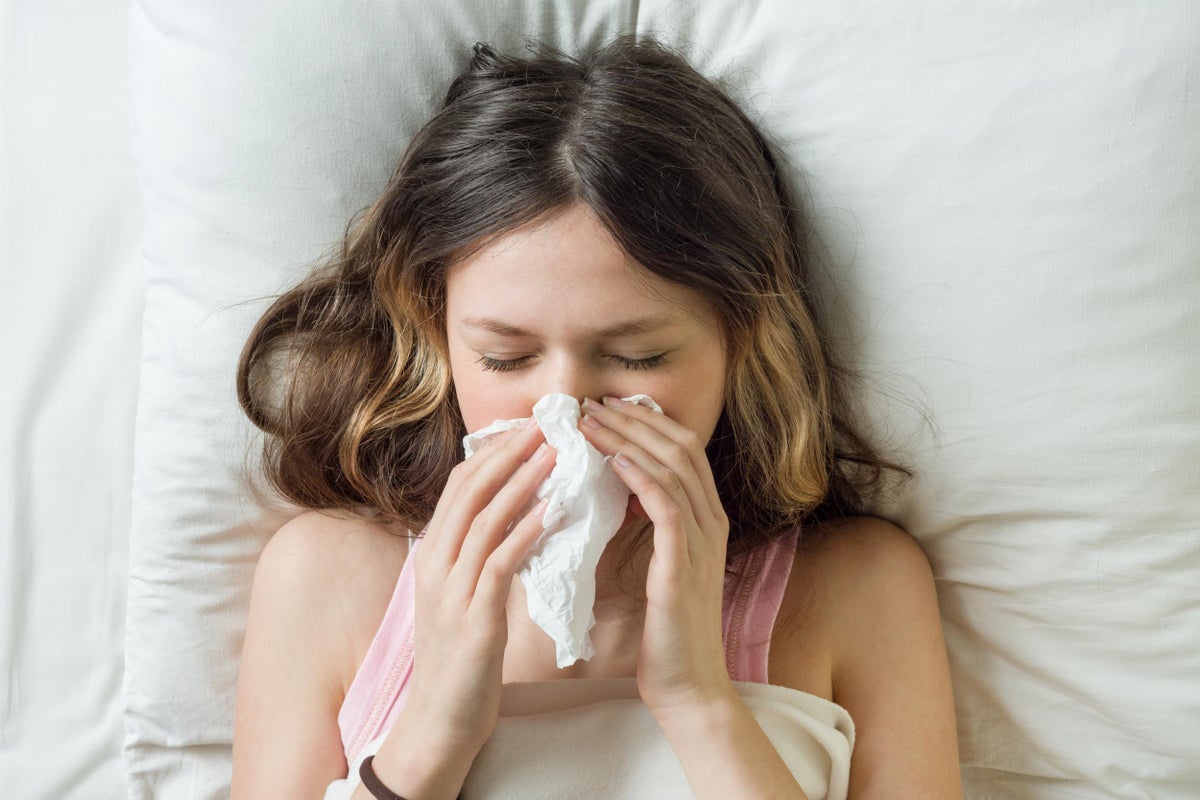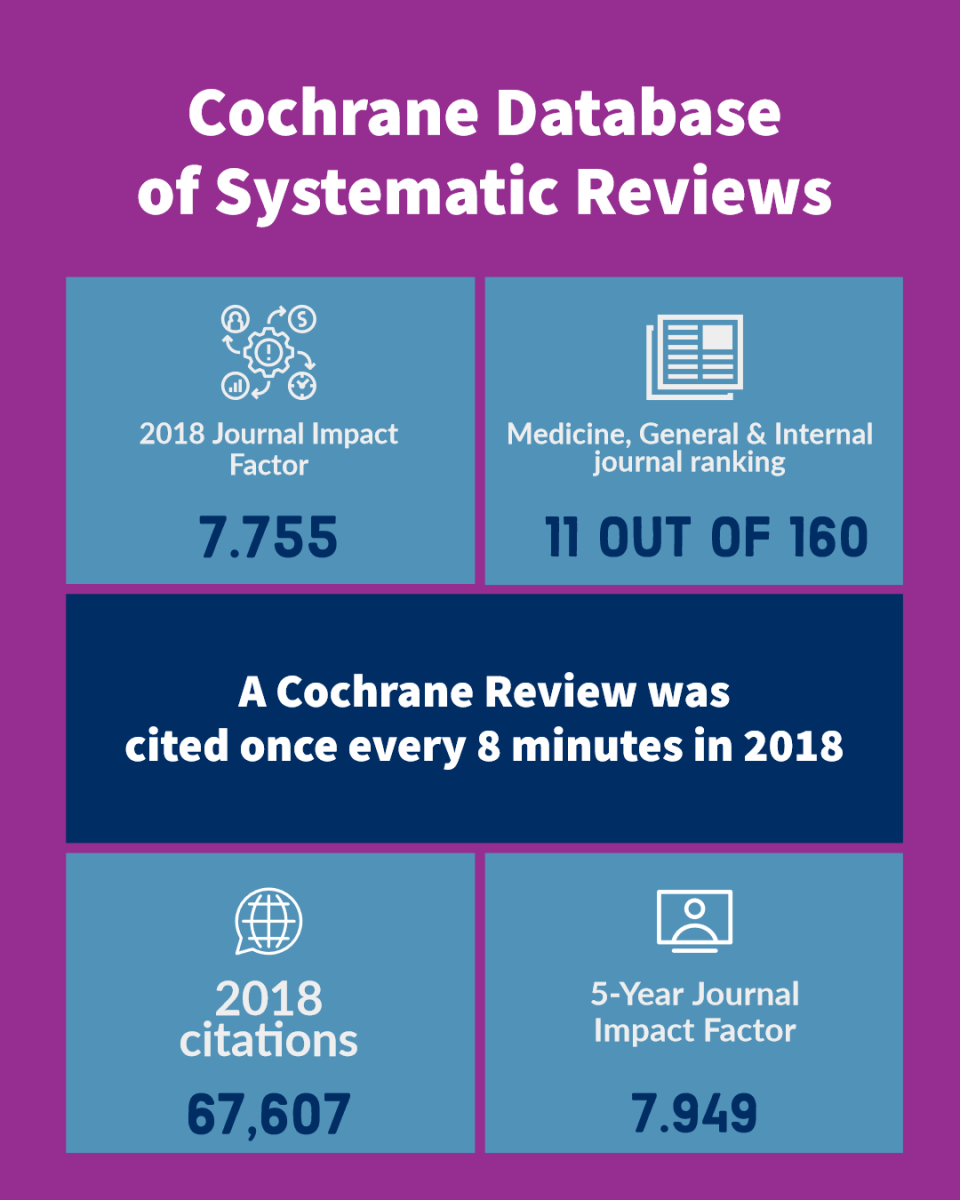
Chinese Medicine for Common Cold & Flu.
The common cold is a viral infection of the nose and throat also known as an upper respiratory tract infection (URTI). Most people recover from a common cold within 1 to 2 weeks, although for some people certain symptoms may take longer to resolve.
Although some symptoms are similar, the flu is a viral infection caused by influenza viruses. Flu symptoms range from mild to severe and complications can require hospitalisation and worsen pre-existing health issues such as asthma. The flu can be deadly for the elderly and immunocompromised which is why prevention, early diagnosis and treatment is essential.
Cold and flu symptoms may also be caused by bacterial and lung infections which can be life-threatening. If in doubt, always seek advice from your family's trusted healthcare professional.
What does the research say?
The following insights are obtained from systematic reviews and analysis of clinical trials investigating the efficacy of chinese medicine for common cold & flu.
2018 BMC Complementary Medicine and Therapies
Ma Huang Tang may lower the duration of fever when it is used alone or in combination with neuraminidase inhibitors and may be a well-tolerated treatment.
Twelve relevant studies were identified, including two randomised controlled trials (RCTs, N = 60) and ten non-randomised studies (NRSs, N = 1110). We found that maoto plus NAIs was superior to NAIs alone in terms of the duration of fever in one RCT and four NRSs. The duration of symptoms or virus isolation did not differ between maoto and NAIs. No severe side effects or adverse reactions were reported related to maoto or NAIs.
Although we could not reach a definitive conclusion because of the small sample sizes and high risk of bias in the analysed studies, maoto may lower the duration of fever when it is used alone or in combination with NAIs and may be a well-tolerated treatment. More RCTs are needed to determine the efficacy and safety of maoto.
The use of maoto (Ma-Huang-Tang), a traditional Japanese Kampo medicine, to alleviate flu symptoms: a systematic review and meta-analysis Yoshino, T., Arita, R., Horiba, Y. et al
2013 Cochrane Database of Systematic Reviews
Most Chinese medical herbs in the included studies showed similar effects to antiviral drugs in preventing or treating influenza.
This updated review assessed the therapeutic effects and safety of Chinese medicinal herbs as an alternative and adjunctive therapy to other commonly used drugs for influenza. Eighteen studies involving 2521 participants were included in the review. 'Ganmao' capsules were found to be more effective than amantadine in decreasing influenza symptoms and aiding recovery in one study (in which adverse reactions were mentioned in the amantadine group although no data were reported). There were no significant differences between 'E Shu You' and ribavirin in treating influenza, nor in the occurrence of adverse reactions. The remaining 17 Chinese herbal trials showed a similar effect to antiviral drugs in preventing or treating influenza. However, since these included studies were of poor quality, the evidence does not support or reject the use of any Chinese herbal preparations for influenza. Highâ€quality trials are required.
Chinese medicinal herbs for influenza Jiang L, Deng L, Wu T.
Consult with our practitioners for personalised care and advice.
Although well-conducted clinical research can help members of the public to make better-informed decisions about their healthcare, we cannot claim that any particular treatment may be effective for any individual person.
When you consult with our Chinese medicine practitioners, you'll receive personalised advice and treatment based on your symptoms and Chinese medicine diagnosis.
Scientific References
Browse our collection of scientific clinical research on chinese medicine for common cold & flu.
It includes recent and reputable papers published by peer-reviewed journals within the last 10 years.

2018, Mar 18
The use of maoto (Ma-Huang-Tang), a traditional Japanese Kampo medicine, to alleviate flu symptoms: a systematic review and meta-analysis
BMC Complementary Medicine and Therapies
This review highlight the effectiveness of Ma Huang Tang in relieving flu symptoms.
Yoshino, T., Arita, R., Horiba, Y. et al Full Article

2013, Mar 28
Chinese medicinal herbs for influenza
Cochrane Database of Systematic Reviews Cochrane
Most Chinese medical herbs in the included studies showed similar effects to antiviral drugs in preventing or treating influenza. Few were shown to be superior to antiviral drugs. No obvious adverse events were reported in the included studies. However, current evidence remains weak due to methodological limitations of the trials. More highâ€quality RCTs with larger numbers of participants and clear reporting are needed.
Jiang L, Deng L, Wu T. Full Article

“It is by virtue of the twelve channels that human life exists, that disease arises, that human beings can be treated and illness cured. The twelve channels are where beginners start and masters end.” The Classic of Acupuncture
Circa 1st Century BCE

